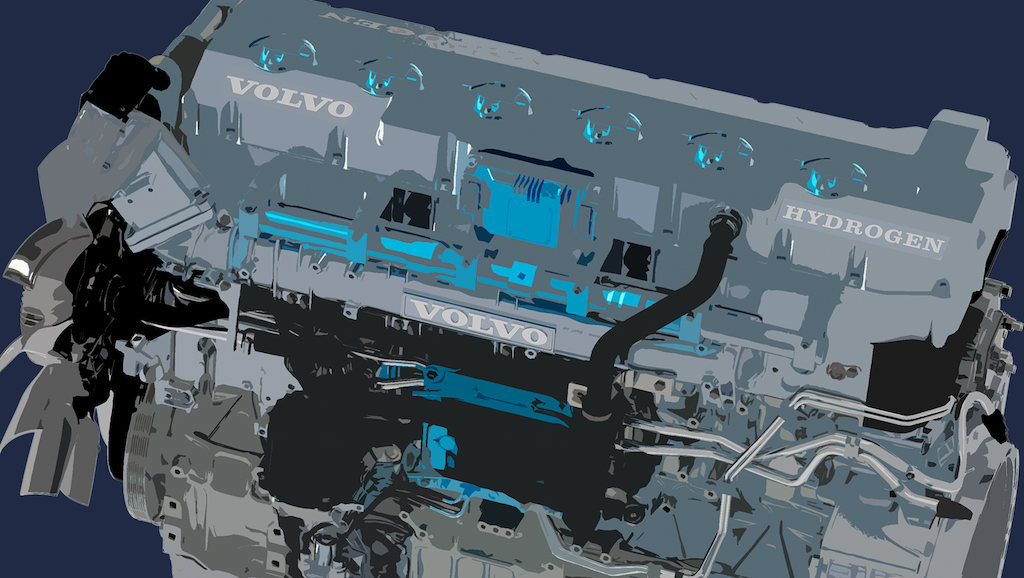In a strategic move to advance hydrogen propulsion technology, Volvo Group is launching PhD scholarships dedicated to research on hydrogen combustion engines. The initiative will see two PhD students conducting their studies at Chalmers University of Technology and Lund University in Sweden while being employed by the Volvo Group. Recruitment for these positions is set to commence in the first quarter of 2024.
As part of its commitment to achieving net-zero greenhouse gas emissions by 2040, Volvo Group is actively exploring various propulsion technologies. The company is already offering battery-electric solutions and is making significant investments in hydrogen, both for fuel cell applications and as a renewable fuel for combustion engines.
Volvo Group stands out as one of the few automotive companies advocating for the continued development of internal combustion engines across various sectors, including trucks, buses, construction, marine, and industrial solutions. The establishment of the VICE scholarship (Volvo Internal Combustion Engine) is aimed at securing ongoing competence in internal combustion engine technology, given the reduced public funding and diminished student interest in this field.
Lars Stenqvist, Chief Technology Officer at Volvo Group, emphasizes the importance of a diversified approach to propulsion solutions to meet the evolving needs of customers and environmental demands. The VICE scholarship aims to address the reduced focus on internal combustion engine research due to declining public funding, providing an opportunity for collaboration between industry and academia.
The successful candidates selected for the industrial PhD positions will conduct research from 2024 to 2029, supported and financed by the Volvo Group. The initiative reflects Volvo’s commitment to fostering long-term knowledge and expertise in internal combustion engine technology, contributing to the company’s broader vision for sustainable transportation.






